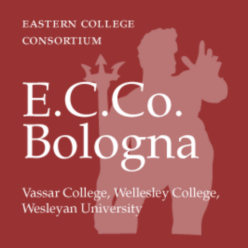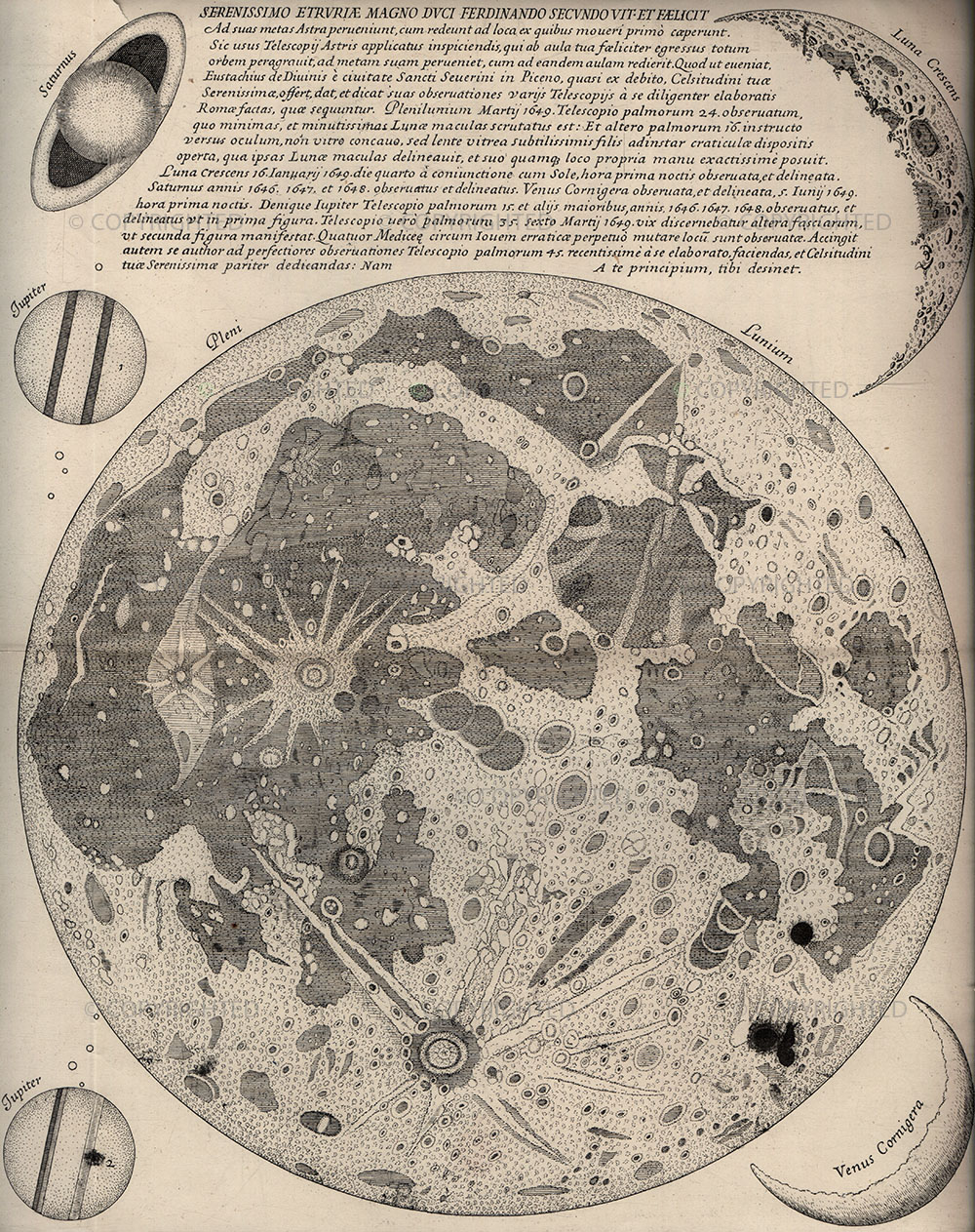This course explores the rich scientific history of Renaissance and Early Modern Italy through hands- on research and visits to the places where new ways of understanding nature developed and discoveries unfolded.
Bologna, with its ancient university and vibrant intellectual networks, serves as our primary case study. The city’s remarkable preservation of historical spaces—from anatomical theaters to private collections—allows us to step directly into the world of early-modern science. Through case studies of specific discoveries, instruments, and controversies, we’ll trace Bologna’s connections across Europe, illustrating how Early Modern scientific endeavors were international and collective phenomena. We’ll examine not just famous names, but also lesser-known figures, particularly women who have always been involved in scientific practice.
The course pays particular attention to figures like physicist Laura Bassi, Europe’s first woman to hold a professorship, and anatomist Anna Morandi Manzolini, whose wax models demonstrate the intersection between art and science. By studying their works and networks, we’ll explore how gender shaped opportunities in scientific careers and discover alternative spaces for scientific work—private homes, salons, and workshops—that were often as important as formal institutions for scientific practice and communication.
This course emphasizes the material culture of science. You’ll engage directly with original sources and artifacts, analyze scientific instruments, and use digital archives to examine manuscripts and correspondence in the scientists’ own handwriting. Our visits to Palazzo Poggi in Bologna and the Galileo Museum in Florence, as well as botanical gardens, apothecaries and historical naturalistic museums, are central to understanding how scientific knowledge was organized, produced and displayed.
For students interested in history, social studies of the sciences, Italian culture, and scientific communication, this course provides both theoretical frameworks and practical experience connecting historical understanding with contemporary questions about how we create, share, and preserve knowledge.



